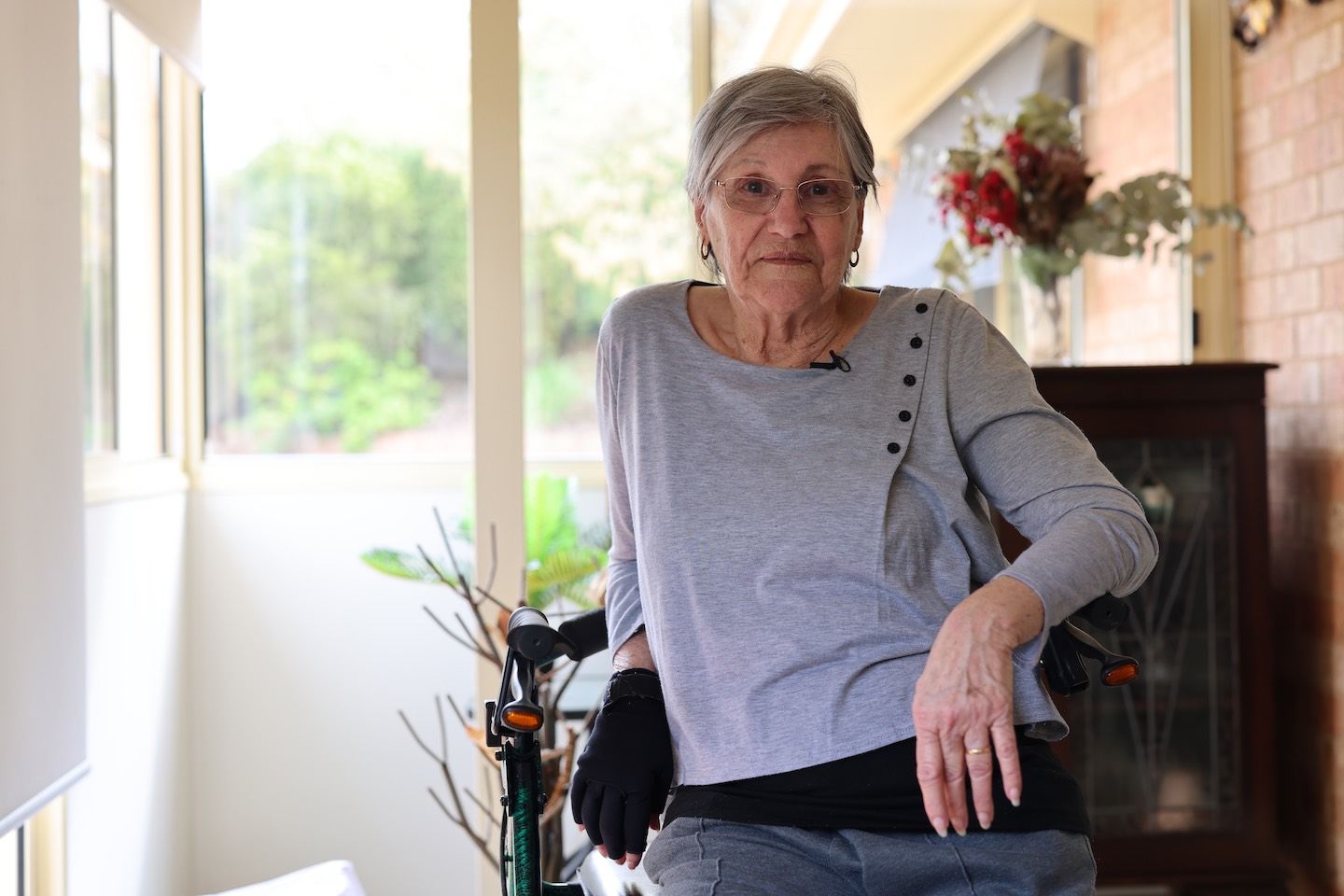Speaking up for better aged care
Aged care advocates use their knowledge of the Charter to support better outcomes – and you can too.
Sponsored Story

Key Points
Self-advocacy puts you in the driver’s seat.
Understanding what you can reasonably expect from your aged care provider allows you to speak up for yourself or someone you care for.
OPAN’s Self-advocacy toolkit equips you with the information and resources you need to know for better aged care.
Self-advocacy puts you in the driver’s seat. It is the ability to speak up for yourself on issues that are important to you and your aged care.
You might want to speak up when you:
Are finding it difficult to access aged care services.
Have a concern about your aged care services.
Don’t feel like your aged care services are meeting your needs and you want to make a complaint.
Older people receiving government-funded aged care – either in their own home or in an aged care home – have rights. Enshrined in the Charter of Aged Care Rights, for example, is your right to safe and high-quality services and your right to be treated with dignity and respect.
The Charter also supports your right to speak up and:
Have control over, and make decisions about, the personal aspects of your daily life.
Be listened to and understood.
Complain free from reprisal.
Have your complaints dealt with fairly and promptly.
The Older Persons Advocacy Network’s aged care advocates frequently use their knowledge of the Charter to support better outcomes – and you can too.
Lorraine’s husband, Ron, lives with dementia.
When he first went into residential care in regional NSW, she had concerns about the quality of care.
“He was locked out in the garden one time I went to visit him – it was the middle of winter. The manager used to say; ‘Now, now Lorraine, this is what happens. You are not coping.’”
Lorraine was hesitant about raising her concerns.
But after learning about her rights, Lorraine has become a powerful advocate for herself and Ron. “You still have to watch out for them,” she said. “I don’t want to be difficult. But I do want Ron’s rights to be heard."
OPAN has developed the Self-advocacy toolkit resource to provide you with the practical tools to help you get started. It contains a step-by-step guide to making yourself heard and checklists to help you speak up for better in home and residential care.
For more information on your rights and how to speak up visit OPAN’s Self-advocacy toolkit online or order a free print version today.
Call OPAN on 1800 700 600 to speak with one of their friendly advocates.







